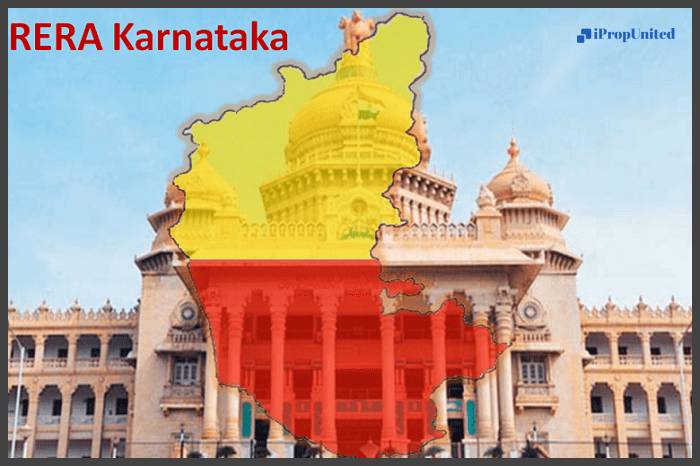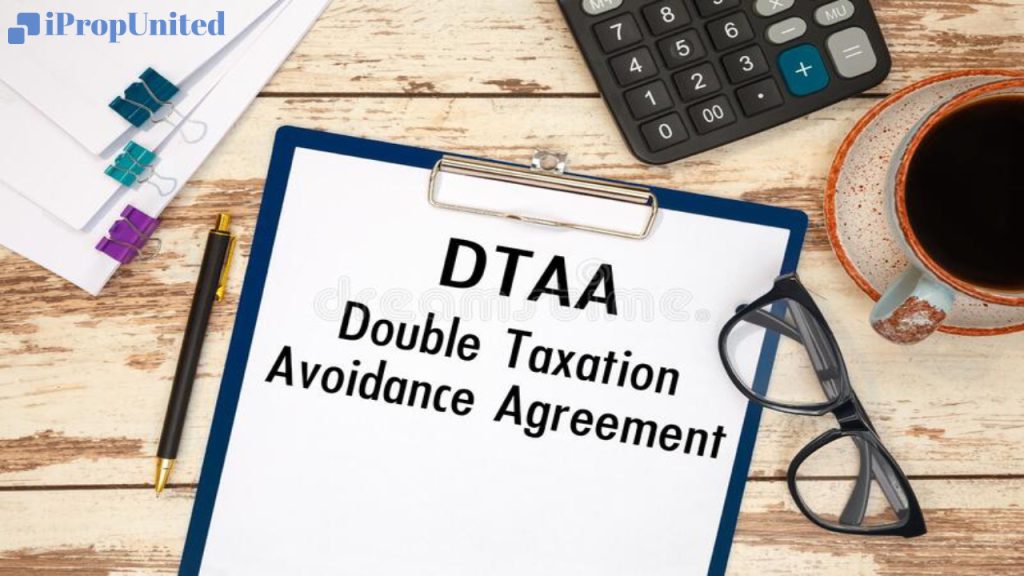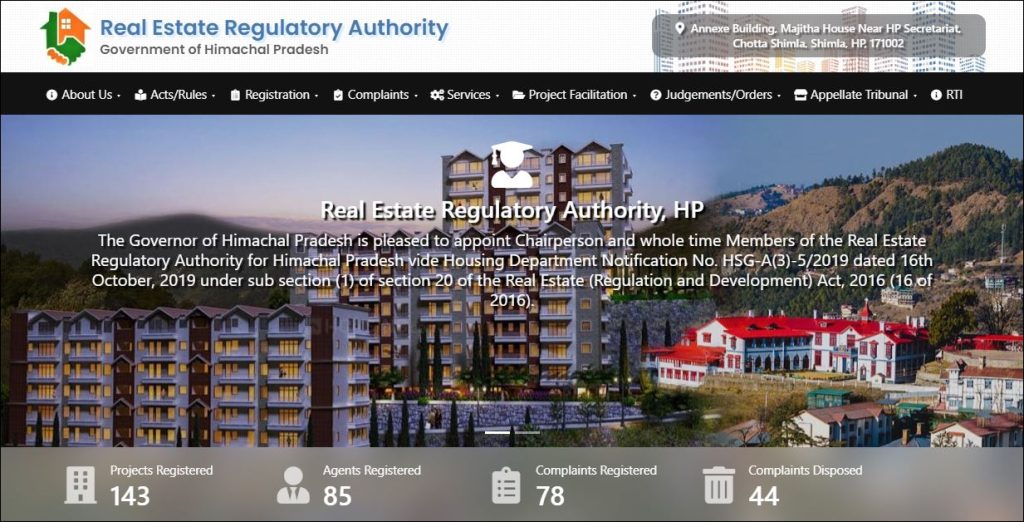Bengal RERA stands for the Real Estate (Regulation and Development) Act in the state of West Bengal, India. The act was enacted in 2017 by the state government of West Bengal, to regulate the real estate sector in the state.

The Bengal RERA promotes transparency, accountability, and efficiency in the real estate sector with the objective of safeguarding the interests of homebuyers. It creates a regulatory body to supervise how the state’s real estate market is operating and lays out rules for developers, promoters, and real estate agents to follow.
Bengal RERA mandates that developers register their projects with the regulatory body and submit comprehensive project information, including the project’s budget, approval status, and completion date. In accordance with the law, developers must also put a specific amount of the project’s cost into an escrow account that can only be used for the project’s construction.
In addition, Bengal RERA establishes a grievance resolution mechanism to handle conflicts between developers and homebuyers. Homebuyers can complain about developers using this mechanism if they violate any of the act’s guidelines.
Bengal RERA is a significant piece of legislation that aims to encourage accountability and transparency in the real estate market in West Bengal.
Impact of RERA Bengal on reals estate sector
The RERA Act was enacted with the objective of regulating and promoting transparency, accountability and efficiency in the real estate sector in India. The implementation of RERA in Bengal, also known as West Bengal Housing Industry Regulation Act (WBHIRA), has had significant impacts on the real estate sector in the state.
Here are some of the impacts of Bengal RERA on the real estate sector:
Protection of Homebuyers: One of the most significant impacts of Bengal RERA is the protection it provides to homebuyers. According to the act, developers must register their projects with the regulatory body and submit all pertinent paperwork, including agreements with buyers, approvals, and land titles. By ensuring that all necessary compliances are in place before approving the project, the regulator prevents unscrupulous developers from defrauding homebuyers.
Accountability and Transparency: The regulatory body established under Bengal RERA makes sure that the real estate sector is accountable and transparent. The act requires that developers post all project-related details on the regulator’s website, including the project layout, the construction schedule, the stage-by-stage completion, and other information. Developers are now held accountable for any inconsistencies, increasing transparency in the industry.
Timely Delivery: Bengal RERA mandates that developers complete projects within the stipulated timeline, failing which they may face penalties. This has pushed developers to complete projects on time and deliver possession to homebuyers as per the schedule.
Boost to the Real Estate Sector: Bengal RERA has also boosted the state’s real estate sector by increasing the confidence of homebuyers and investors in the sector. The act has provided a level playing field for developers, and those who follow the regulations and deliver projects on time are likely to attract more buyers.
Bengal RERA has had a favorable effect on the state’s real estate market. The act has improved the industry’s accountability, transparency, and efficiency, creating a better environment for investors and homebuyers.
Developer and Agent registration
You will need to follow the below steps to register as an agent or a developer with the Real Estate Regulatory Authority (RERA) in Bengal:
For Agent registration:
- Visit the official website of RERA Bengal rera.wb.gov.in
- Click on the “Registration” tab and select “Agent Registration”.
- Fill in the required details such as personal information, contact details, and educational qualifications.
- Upload the necessary documents such as your ID proof, photograph, and PAN card.
- Pay the required registration fee through the online portal.
- Submit your application form and wait for it to be processed.
For Developer registration:
- Visit the official website of RERA Bengal rera.wb.gov.in
- Click on the “Registration” tab and select “Project Registration”.
- Fill in the required details such as project information, developer details, and project status.
- Upload the necessary documents such as project details, NOC, and building plan.
- Pay the required registration fee through the online portal.
- Submit your application form and wait for it to be processed.
It is important to note that you adhere to the rules and regulations under RERA Bengal and provide accurate information while registering. After your registration is processed, you will receive a unique registration number, which must be mentioned in all your advertisements and communications related to real estate transactions.
Project Registration with RERA Bengal
The following steps are involved in the project registration process with Bengal RERA:
Project Registration: To register a project, a developer or an agent must submit an application and include details about the project, including its name, location, land information, level of approval, timeline, etc. The developer must also upload supporting documents like title deeds, land records, and government approvals.
Payment of Fees: Following the submission of the application, the developer must pay the necessary fees in accordance with the schedule outlined by Bengal RERA.
Review and approval: The project will be reviewed by the Bengal RERA authority following the payment of fees. The project will be accepted and given a registration number if all the information and materials are satisfactory and comply with the necessary requirements.
Information Display: Both on the project website and the Bengal RERA website, the developer must upload the registration number, project details, and any other pertinent data.
Project Completion and Closure: When the project is finished, the developer must submit a completion certificate, and the Bengal RERA authority will close the project registration.
It is important to note that the RERA has set certain guidelines and regulations that must be followed by developers while registering their projects. These regulations are designed to protect homebuyers’ interests and promote transparency and accountability in the West Bengal real estate market.
Responsibilities associated to RERA Bengal
The West Bengal Real Estate Regulatory Authority (WB RERA) is the state of West Bengal’s regulatory body, and its duties include:
Real estate project registration: In order to increase transparency and accountability in the real estate industry, WB RERA is in charge of registering real estate projects.
Protection of homebuyers: WB RERA safeguards homebuyers’ interests by requiring that builders and developers complete projects on schedule, maintain the standard of construction, and abide by the terms of the contract.
Adjudication of disputes: WB RERA has the power to adjudicate disputes between homebuyers and builders, and to impose penalties and compensation if necessary.
Monitoring of real estate projects: WB RERA keeps an eye on the development of projects that have been registered to make sure they are finished on schedule and in accordance with approved plans.
Enforcement of rules and regulations: To encourage accountability and transparency in the real estate industry, WB RERA is in charge of enforcing the laws and guidelines established by the RERA Act.
Real estate sector development: WB RERA also aims to advance the development of the state’s real estate market by fostering investment, fostering a positive business climate, and supplying an even playing field for all parties involved.
The responsibilities of WB RERA include protecting the interests of homebuyers, promoting transparency and accountability in the real estate sector, and promoting the growth of the real estate industry in the state of West Bengal.
Follow and Connect with us: Twitter, Facebook, Linkedin, Instagram














